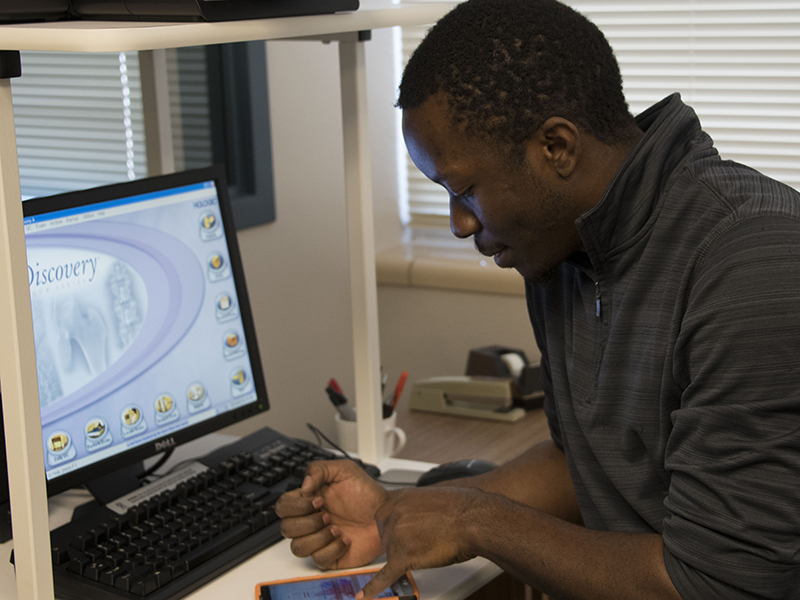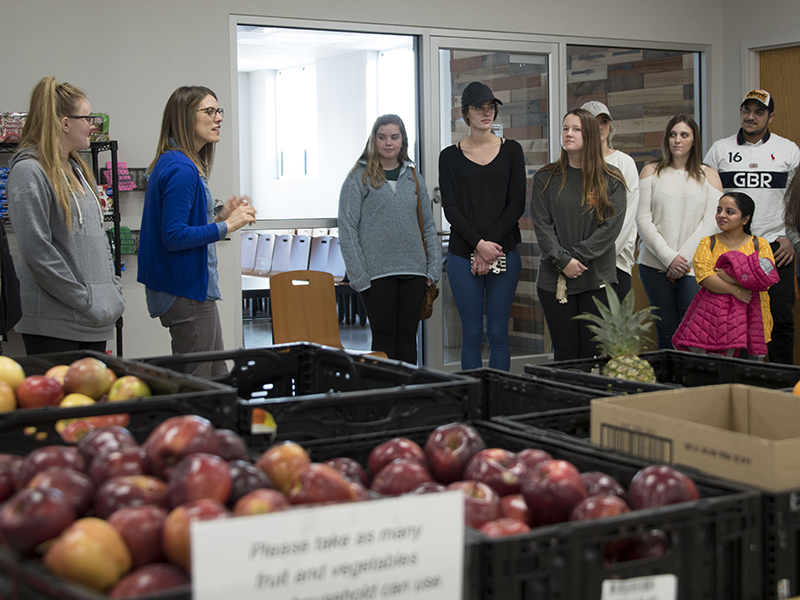Nutritional Sciences

What is nutritional sciences?
Study how food and nutrition influence health and the human experience. This science
examines the chemistry and biology of nutrients from the molecular to the systematic
level and investigates complex interactions between diet and health to develop strategies
aimed at improving health and reducing disease risk.
Why nutritional sciences at OSU?
Choose from four major options to fit your career goals: human nutrition/pre-medical sciences, allied health, dietetics or public health nutrition. You will be immersed in a relevant, research-based educational experience that provides
an exceptional pathway to becoming a successful healthcare professional. Our graduates
frequently pursue additional training in medicine, biological sciences and dietetics.
Others are admitted to professional healthcare programs to become physician assistants
or physical therapists.
 Study the social determinants of human health through a nutrition framework while
gaining a better understanding of the relationship between nutrition, the environment,
behavior and human health. Prepare to deliver nutrition education, programs and information
as a federal food assistance program coordinator, food policy and regulation specialist,
health and wellness program manager, community health worker and more. Curriculum
balances a science and human focus through courses such as chemistry, physiology,
biology, anatomy, sociology, psychology, patient assessment and nutrition counseling,
public health and community nutrition. This option also prepares you for admission
to the
Study the social determinants of human health through a nutrition framework while
gaining a better understanding of the relationship between nutrition, the environment,
behavior and human health. Prepare to deliver nutrition education, programs and information
as a federal food assistance program coordinator, food policy and regulation specialist,
health and wellness program manager, community health worker and more. Curriculum
balances a science and human focus through courses such as chemistry, physiology,
biology, anatomy, sociology, psychology, patient assessment and nutrition counseling,
public health and community nutrition. This option also prepares you for admission
to the